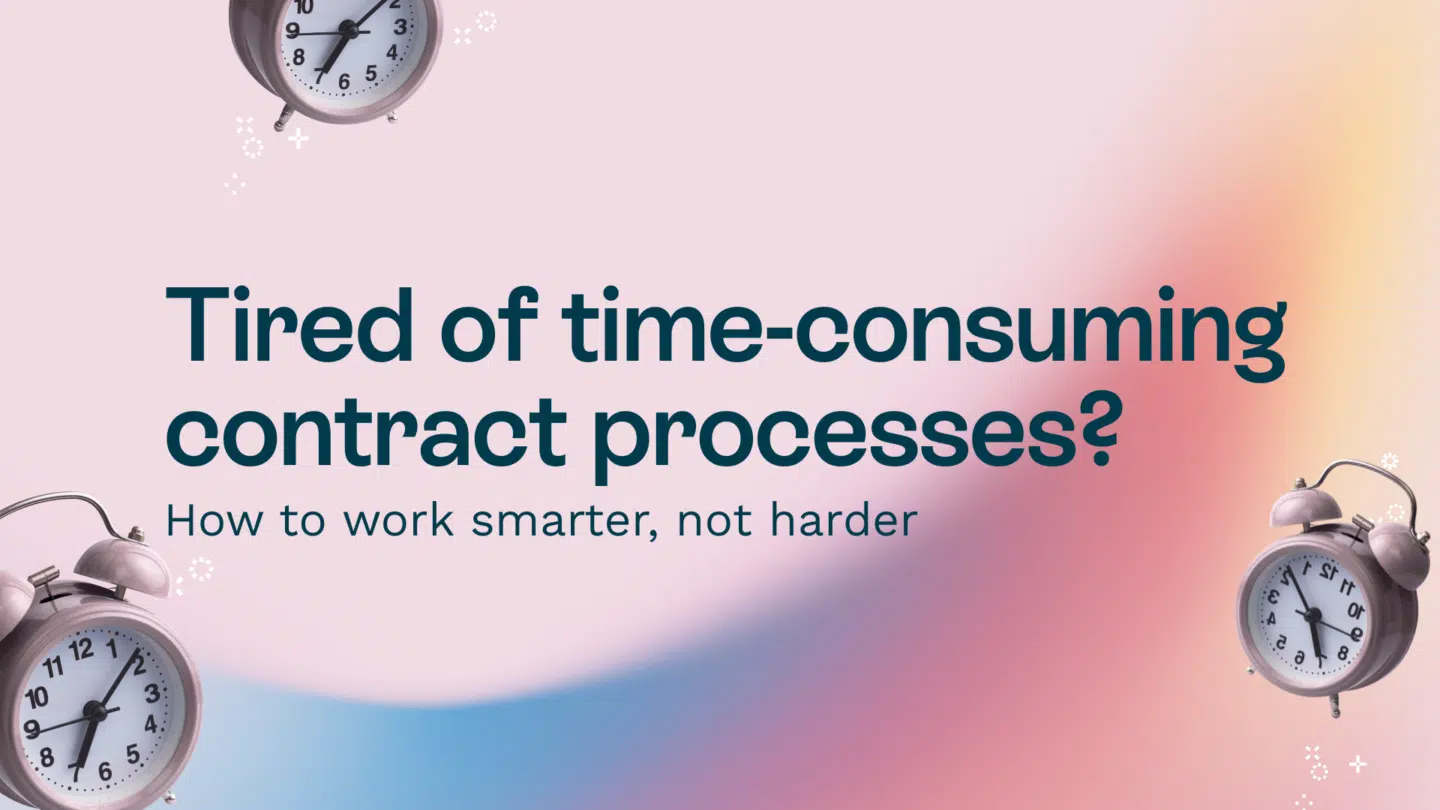Non-Disclosure Agreements, commonly known as NDAs, are a fundamental aspect of many business dealings. They protect sensitive information from being leaked, ensuring that both parties maintain confidentiality. However, what happens if you break an NDA? The consequences can be severe and far-reaching. So, let’s delve deeper into this topic and explore the legal implications, the impact on your professional reputation, and how to effectively mitigate these risks.
Understanding non-disclosure agreements
Non-Disclosure Agreements (NDAs) are a crucial aspect of business relationships and intellectual property protection. In this article, we will delve deeper into the definition, purpose, and importance of NDAs.
Definition of an NDA
First, let’s establish what an NDA actually is. In simple terms, it is a legally binding contract between two parties that outlines the confidential information that one party will disclose to the other, as well as the obligations and restrictions regarding that information.
When it comes to the content of an NDA, it typically includes a definition of what constitutes confidential information, the duration of the agreement, the parties involved, and the consequences of breaching the agreement.
Confidential information can encompass a wide range of data, such as trade secrets, financial information, customer lists, marketing strategies, and technological innovations. By defining what is considered confidential, the NDA ensures that both parties are aware of the information that must be protected.
Moreover, an NDA may also include provisions regarding the return or destruction of confidential information once the agreement ends. This ensures that the information remains protected even after the business relationship concludes.
Use these free business templates at Oneflow
The purpose of an NDA
NDAs serve multiple purposes. They safeguard trade secrets, proprietary information, and other sensitive data, ensuring that it remains confidential and does not fall into the wrong hands. This is particularly important in industries where innovation and competitive advantage are paramount.
Furthermore, an NDA can foster trust between business partners, allowing them to share crucial knowledge without the fear of it being misused or leaked. By establishing clear obligations and restrictions, the NDA provides a legal framework that encourages open communication and collaboration.
Another purpose of an NDA is to protect the interests of both parties involved. For the disclosing party, the NDA ensures that their proprietary information is not misappropriated or used against them. On the other hand, for the receiving party, the NDA provides assurance that they will not be held liable for unintentional breaches of confidentiality.
Additionally, NDAs can be essential when engaging in negotiations, mergers, or acquisitions. They allow parties to freely exchange sensitive information during the due diligence process, knowing that the information will remain confidential.
It is worth noting that NDAs are not limited to business relationships only. They can also be used in personal situations, such as when sharing sensitive information with friends, family, or professionals like lawyers or therapists.
Read also: What is contract management? a complete guide

The legal implications of breaking an NDA
Potential financial penalties
When an NDA is breached, be prepared for significant financial repercussions. The injured party has the right to seek compensation for damages incurred as a result of the breach. These damages can include lost profits, the cost of legal proceedings, and even punitive damages.
Possible legal actions
In addition to potential financial penalties, breaking an NDA can lead to legal action. The non-breaching party can seek an injunction, a court order that prohibits the breaching party from further disclosing or using the confidential information. Moreover, they may also pursue a lawsuit for breach of contract or misappropriation of trade secrets, which could result in even more severe consequences.
Consequences for professional reputation
Impact on future business relationships
A breach of an NDA can have detrimental effects on your future business relationships. Word travels quickly in professional circles, and if you are known for breaking confidentiality agreements, potential partners or clients may hesitate to engage with you. Trust is the foundation of any successful business relationship, and breaking an NDA can shatter that trust irreparably.
Breaking NDA: Damage to personal brand
Your personal brand is closely tied to your professional reputation. If you are known for disregarding confidentiality agreements, it can severely tarnish your image as a trustworthy and reliable individual. This can have long-term impacts on your career prospects, making it harder to secure new opportunities or advance in your field.
Read also: Is an NDA the same as a confidentiality agreement?

Mitigating the risks of breaking an NDA
Seeking legal advice
If you find yourself in a situation where an NDA might be violated, it is crucial to seek legal advice promptly. A qualified attorney can assess the circumstances, provide guidance on your legal rights and obligations, and potentially help you navigate the situation to minimize the potential damages.
Negotiating terms of an NDA
Before signing an NDA, carefully review the terms and negotiate any points that may be ambiguous or onerous. Ensuring that the agreement is fair and reasonable can help mitigate the risks and potential consequences down the line. Consulting with legal counsel during the negotiation process can provide valuable insights and protect your interests.
Preventing NDA breaches
Importance of reading and understanding NDAs
The first step in preventing NDA breaches is to thoroughly read and understand the agreement before signing it. Take the time to review each clause and seek clarification on any unclear terms. It is better to ask questions upfront than to inadvertently breach the NDA due to misunderstandings.
Tips for complying with NDAs
Compliance with NDAs is crucial to avoid any legal or reputational repercussions. Here are some tips to help you stay in full compliance:
- Take the NDA seriously: Treat the agreement with the utmost care and respect, recognizing the value of the confidential information disclosed to you.
- Limit access: Share the confidential information only with those who have a legitimate need-to-know.
- Use secure storage: Keep the confidential information in a secure location, whether physical or digital, to prevent unauthorized access.
- Exercise caution when discussing: Avoid discussing the confidential information with anyone not bound by the NDA, even inadvertently.
- Report any breaches: If you become aware of a potential or actual breach, report it immediately to the appropriate parties.
The key takeaways
Breaking an NDA can have severe consequences both legally and professionally. These consequences can include financial penalties, legal actions, damage to your reputation, and a negative impact on future business relationships. To mitigate the risks associated with breaking an NDA, seek legal advice, negotiate favorable terms, and prioritize full compliance. By doing so, you safeguard not only your own interests but also maintain the trust and integrity that underpins successful business relationships.








